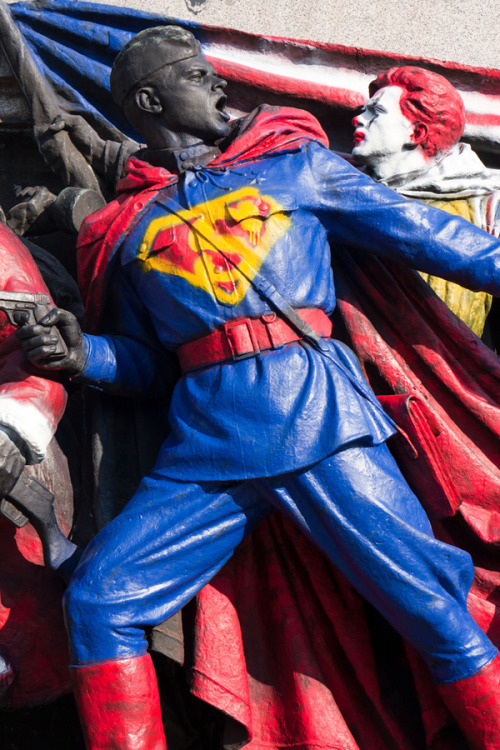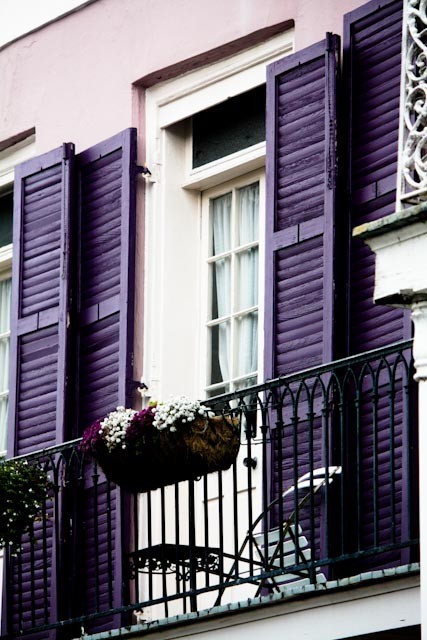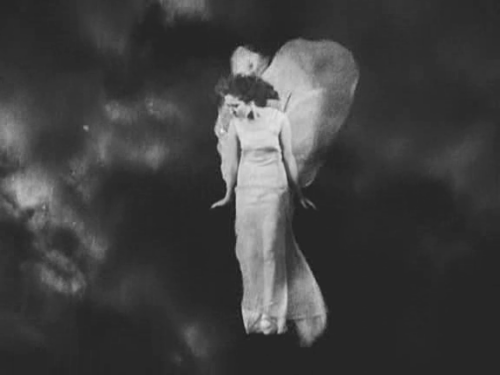The French had a far-right government before, one that collaborated with the Nazis. When casting ballots even today, that is not an easy thing to forget.
Behind the surge is a collective memory of the national trauma of the Nazi occupation of France 80 years ago, which has been shaped by France’s centralized national education system and by what parents and grandparents have passed on to younger generations. Elected officials interviewed said it was not just distant memories of World War II but the experience of having lived under the collaborationist Vichy regime that helped mold voters’ perceptions in national elections.
“Happily, in France, we have that memory,” said Mr. Barusseau. “And I think it was memory that saved us. You see, we have already known that,” a reference to far-right government. “We had that collaborationist regime. And also happily, we have public education that is still vigorous. You can’t really understand until you have had a war on your own soil.”
“And by the way, Hannah Arendt is very much taught and appreciated, the ‘banality of evil,’” Ms. Mesnard said, referring to the German American political scientist and her most famous doctrine about Nazism.
She has vivid memories of her grandfather’s tales of being a police officer during the war, forced by the Germans to hunt members of the Resistance, and quietly refusing to do so. “He deliberately didn’t find any,” she said.
The war “is still relatively close,” said Maurice Perrier, the right-leaning mayor of nearby Loulay, pop. 760, who also swung to Mr. Barusseau’s side. “Something remains from that dark period. It’s the memories, the memories of my parents. They talked to me about all that. I was very afraid of arriving at a situation of authoritarianism,” he said. “So, it was out of the question that I vote for the National Rally. These are extremists.”
“It seems that nations on the verge of war make a point of parading their wealth.”Denise Bellon







No comments:
Post a Comment